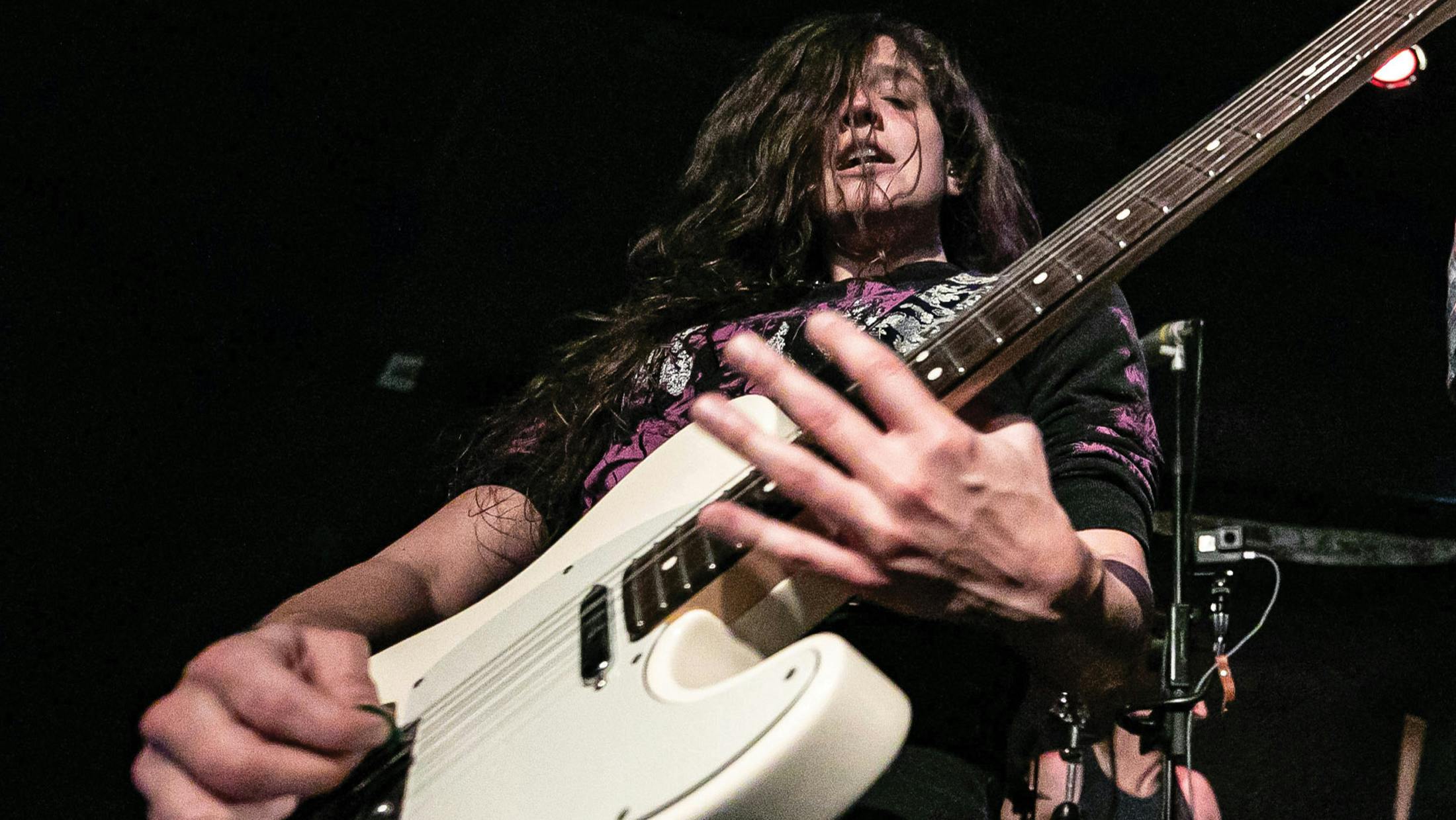To this day, people ask me questions along the lines of, 'What is it like being a female in a band?' I never know how to answer stuff like this and usually try to ignore it. Maybe the answer is that I don't have a clue because I don't view myself through the lens of a 'female' doing something, as if it would be any different than someone else doing the same task. I can only be myself, and while gender identities do make up a part of who we are, they're only a part.
There's something about phrases like 'female guitar player', that in my mind, are only perpetuating people putting others into categories, people being different or unequal. I don't think focusing on any one aspect of a person that's different from another helps us see each other on an equal plane.
The world of music that captivated me from the beginning (and still does) is one where people come together, overcome hardships, and create communities. With all of the injustices in the world, music should be a place of supporting each other and celebrating each other's differences – not highlighting them. When I see support amongst my peers and friends in bands, it lights up my heart, and it makes me feel strong because I know the more robust our community is, the stronger that safe space will be for others.
READ THIS: Baroness: Why survival is simply not enough
